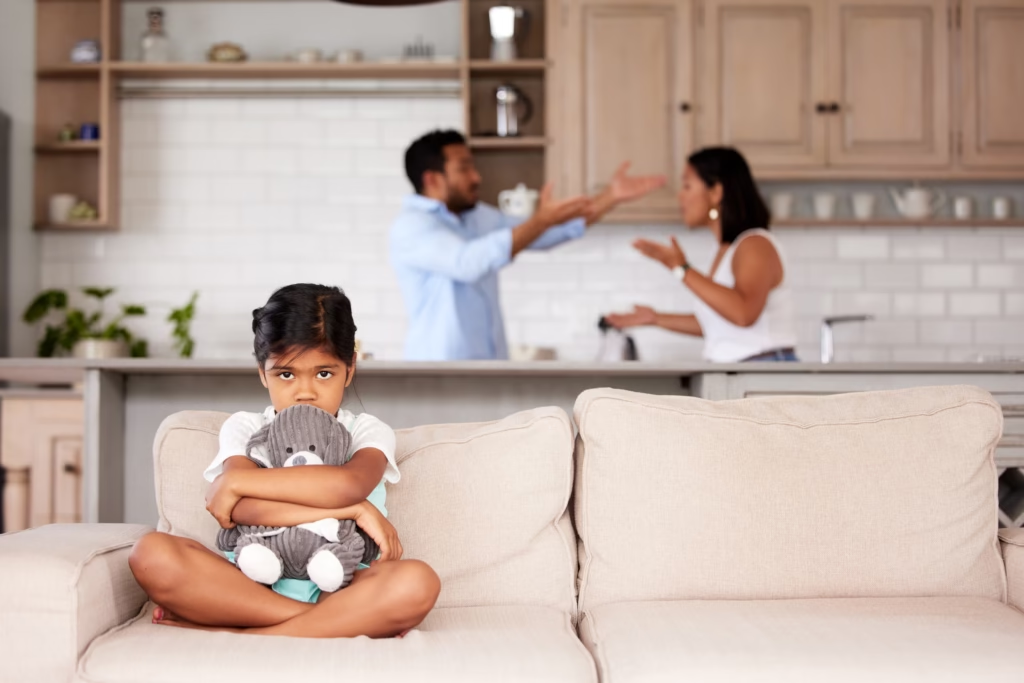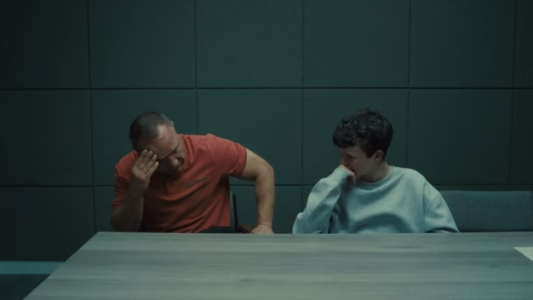The Netflix series Adolescence has struck a chord globally—especially for South Asian families navigating the murky waters of modern teenage hood. It’s more than a TV show; it’s a mirror. One that reflects the quiet battles our young people are fighting behind closed doors, and the silent gaps between parents and children.
When the Algorithm Raises Our Kids
It’s easy to dismiss radicalisation as something that happens “somewhere else.” But as Reddit discussions around Adolescence show, young men don’t fall into toxic masculinity overnight. It creeps in—through YouTube rabbit holes, Instagram reels, Discord servers.
As highlighted in Tania Kapoor’s blog: Silence Can Be Dangerous, silence in the face of harmful ideologies doesn’t mean safety; it can mean surrender. For South Asian parents raised on emotional restraint and unquestioned obedience, this new terrain is unfamiliar—and often terrifying.
I didn’t know what to say… so I said nothing." - Eddie Miller, Adolescence
Social Media Isn’t Just a Phase
In Adolescence, we watch characters shape their self-worth through likes, followers, and toxic comparisons. It’s fiction, yes—but barely. The Melbourne Wellbeing Group blog warns that teenagers often develop their values and identities through social media narratives, not parental ones.
This matters. Especially in communities where open emotional dialogue hasn’t always been the norm. How do you talk to your son about consent and kindness when his role models are shouting about dominance and detachment?

Let’s Talk—Even If It’s Hard
South Asian parents often say, “We didn’t grow up like this.” And it’s true. But as The Times of India points out in its coverage of Adolescence, “not growing up with it” isn’t a reason to avoid it. In fact, it’s a reason to lean in even more.
We need to normalise hard conversations. Not just about academics or future careers—but about emotions, respect, and digital literacy. We need to ask:
Who are your kids listening to?
What are they learning about what it means to be a man—or a woman?
And how safe do they feel coming to you with their fears?
Are they hearing more from TikTok than from the dinner table?
What silent rules are shaping your child’s behavior—and did you mean to set them?
Are they learning to bottle things up because they think you won’t understand?
Talking might feel uncomfortable at first. But silence? That’s where the real danger grows.
“We think we listen, but very rarely do we listen with real understanding, true empathy. Yet listening, of this very special kind, is one of the most potent forces for change that I know.”
It's Okay to Not Know Everything
One of the most powerful lines from Adolescence comes when a parent admits, “I didn’t know what to say, so I said nothing.” But that silence is risky. As Tania Kapoor puts it, avoidance can unintentionally validate harmful beliefs.
Instead of perfection, aim for presence. Speak. Ask. Apologise if needed. And involve schools, therapists, and community leaders. This is bigger than one household.
Parenting Today Takes a Village

Healthy identity doesn’t just come from home—it’s shaped in classrooms, sports fields, WhatsApp groups, and everywhere our children are quietly watching and learning. Melbourne Wellbeing Group argues that we must “raise emotionally literate children by modelling it ourselves”. This isn’t just about boys and masculinity—it’s about all our children, especially girls, who are often navigating impossible expectations around perfection, silence, and self-worth.
South Asian families, often tightly knit, have the power to create this kind of support system—if we choose to. But it only works if we choose to show up, not just as protectors, but as listeners and learners, too.
Final Words
Adolescence isn’t just a TV drama. For South Asian parents, it’s an invitation. To reflect. To unlearn. To start again.
Because raising emotionally aware, confident, and kind children doesn’t begin with having all the answers. It begins with listening.

